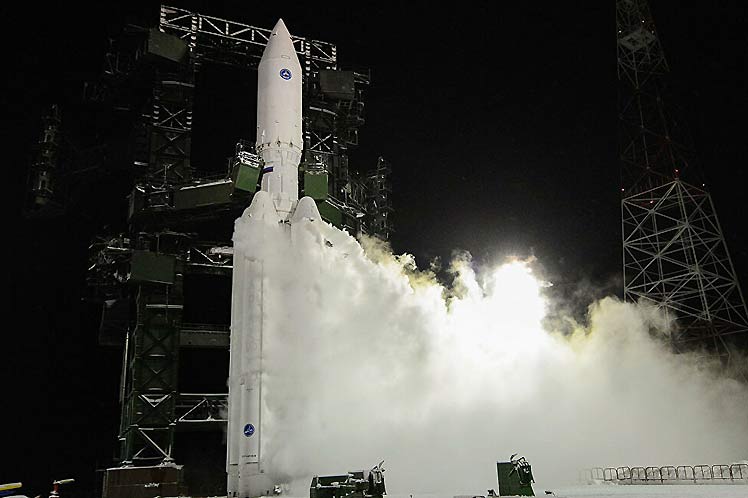The rocket launch was initially scheduled for 12:00 Moscow time on Tuesday, but two minutes before liftoff, automation canceled the launch, Borisov recalled.
That one was rescheduled for Wednesday afternoon, but even then it failed due to a malfunction in the engine start control system.
The Roscosmos chief then assured that no irreversible processes have occurred that would require the rocket to be dismantled.
He further specified that postponements for technical reasons are a common phenomenon for developers and that the current test phase is only aimed at identifying such issues.
With the launch this Thursday, the flight design tests of the Amur space rocket facility, which includes both the vehicle and the cosmodrome infrastructure, will be launched, and during this process, the Orion upper stage will be tested.
The Angara rockets are a family of Russian light to heavy-class launchers and the new family uses environmentally friendly propulsive components.
This rocket line will be used to launch satellites (e.g., the Spectr UV orbital observatory), and several modules of the future Russian orbital station, as well as a new-generation guided transport spacecraft to carry crews to the station.
jrr/jav/jf/gfa









